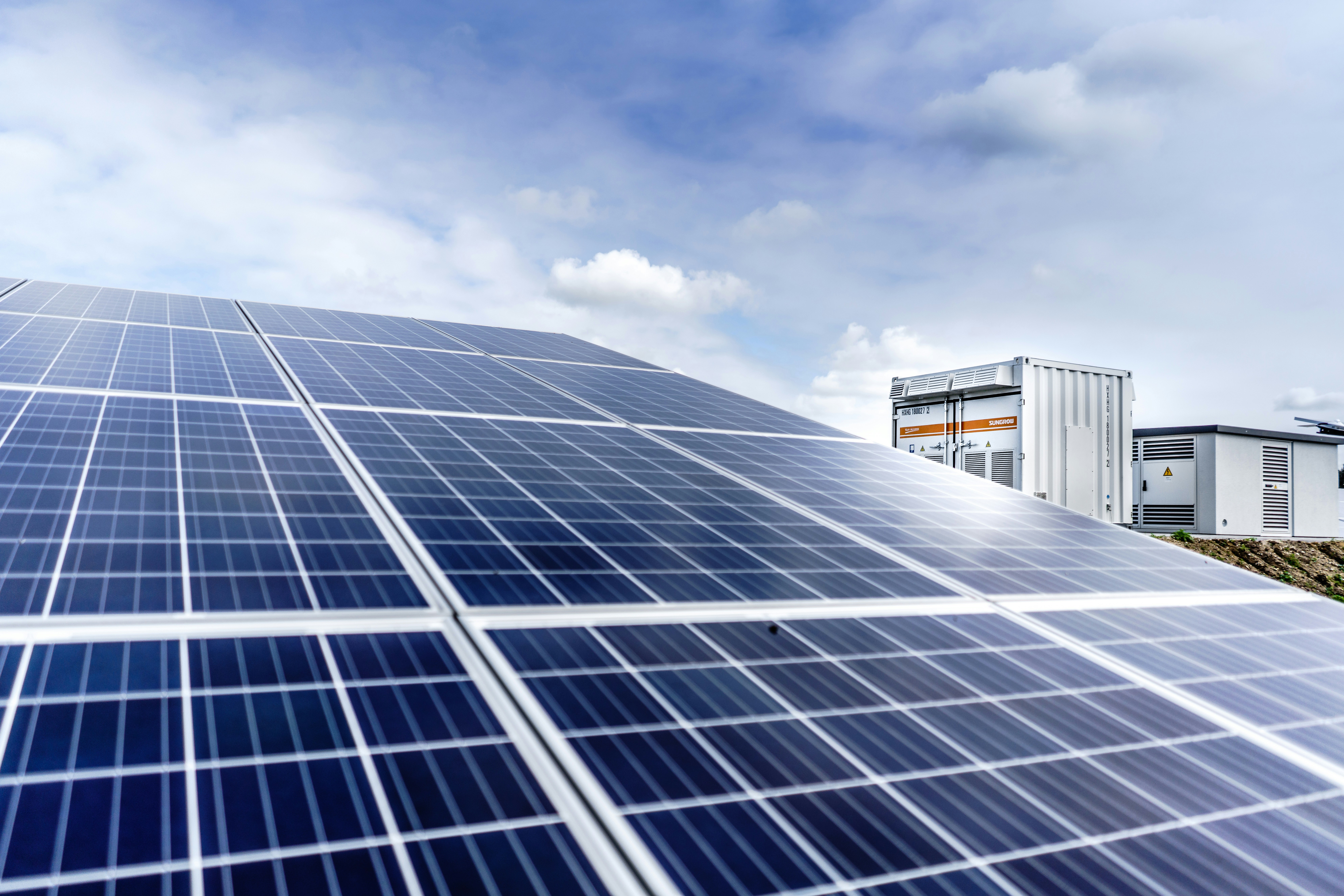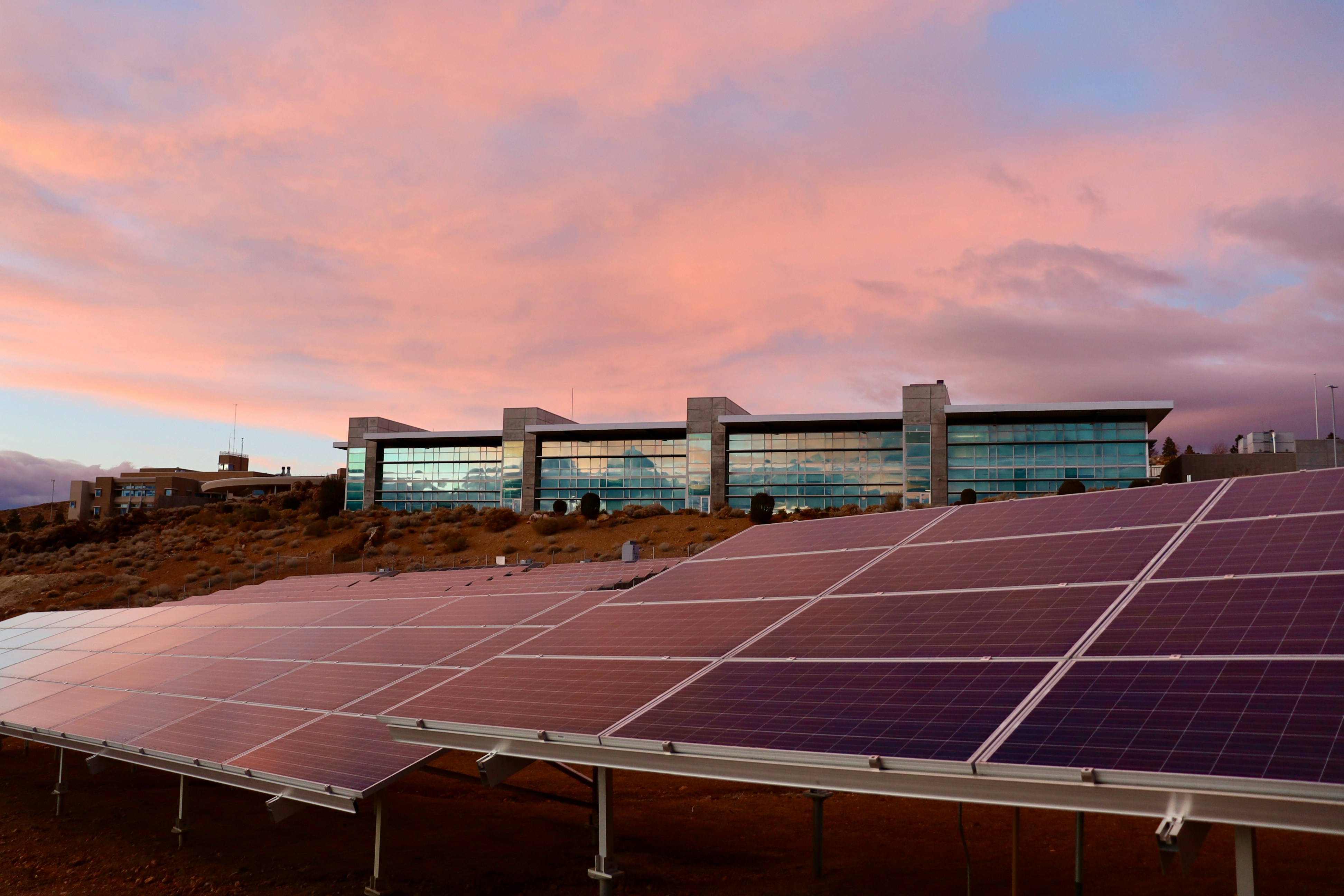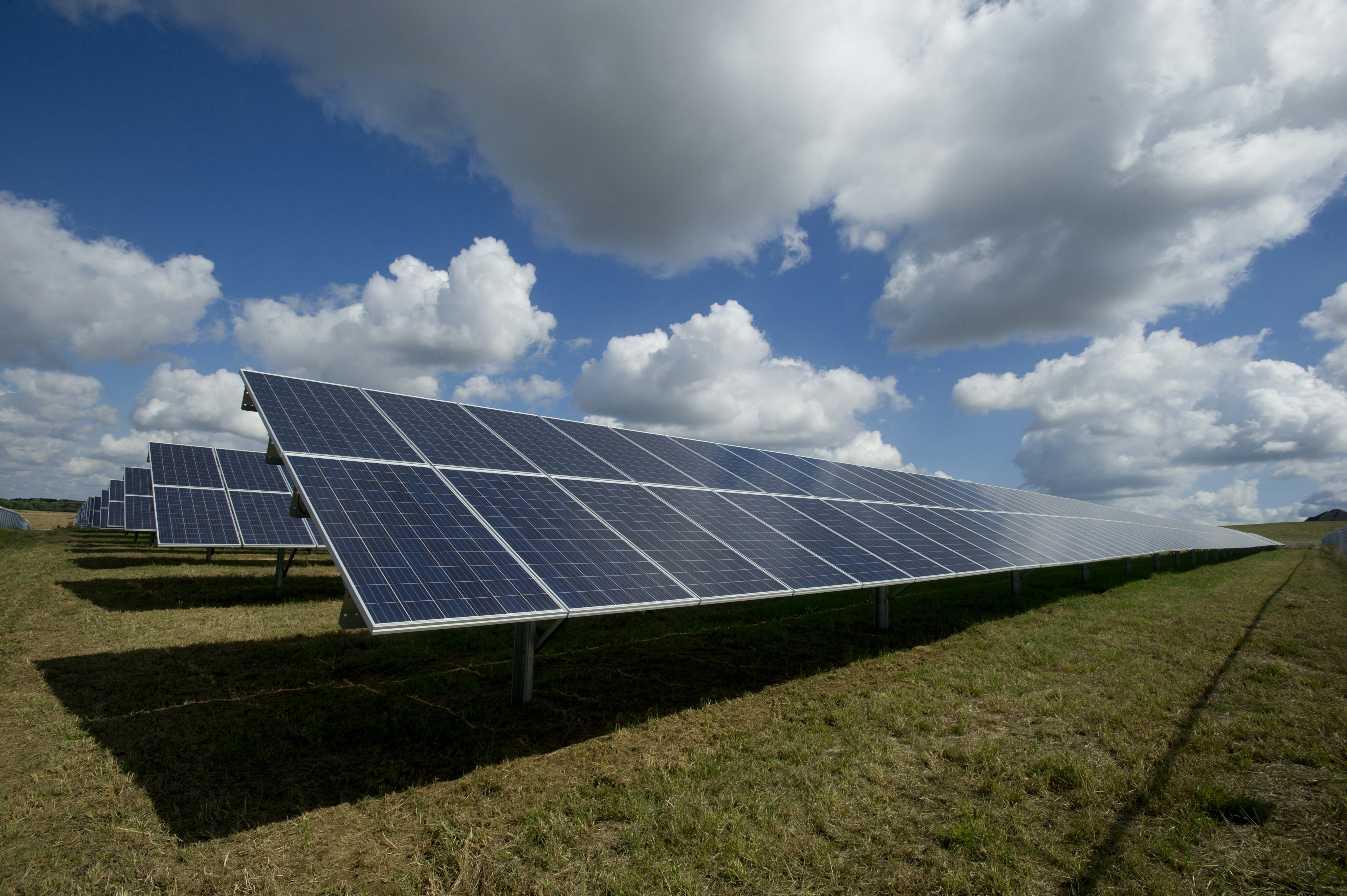The decision to invest in solar power is an astounding step forward for you in promoting sustainable living, and in the process, slashing hefty electricity bills. But as you prepare to make this green leap, a question looms large – should you buy or lease your solar panels? In this article, you’ll embark on a balanced expedition, weighing the pros and cons of each option. From initial costs, maintenance responsibilities, financial benefits to long-term implications, you’ll gain a deep understanding that will guide you to make the best decision for your remarkable switch to this brilliant source of renewable energy.
Understanding Solar Panel Leasing and Purchasing
Before diving into the pros and cons of leasing and buying solar panels, it’s vital to understand what these two terms imply. When you lease solar panels, you essentially rent them from a solar company. The company installs, owns, and maintains the solar panel system on your property, and you pay a regular lease fee to use the energy the system generates.
On the other hand, buying solar panels refers to the outright purchase of a solar panel system. The system is installed on your property, making you the owner. You’re responsible for the maintenance and repair, but you also get to use the power the system generates without having to pay any additional fees.
The process of leasing versus purchasing solar panels differs. Leasing requires less upfront cost and a solar company typically takes care of the installation, maintenance, and repairs. Purchasing, however, involves a significant upfront cost, and you’re accountable for maintenance and repairs. But, owning solar panels gives you more control and might lead to more significant savings in the long run.
As you delve deeper into the world of solar energy, you might come across several misconceptions. Some people believe that leasing panels don’t offer any energy savings – that’s untrue. Leasing can still save you money, although perhaps not as much as owning. Others might say that owning panels requires significant technical knowledge for maintenance and repairs, which is not quite accurate. Many companies offer packages for maintenance and repairs for homeowners.
Pros of Leasing Solar Panels
Leasing solar panels has its advantages. The initial cost can be zero or very low, making it an affordable option for many. Plus, the solar company will include a comprehensive maintenance package, so you need not worry about ongoing upkeep or any unexpected repair costs.
Moreover, you’re not responsible for the system’s performance – the leasing company is. If the system doesn’t perform as expected, it’s the company’s task to fix it. If you decide to sell your home, the lease can be easily transferred to the new homeowner, further adding to its appeal.
Cons of Leasing Solar Panels
While leasing has its perks, it also comes with some drawbacks. Leasing commitments often last for a long period, typically 20-25 years, possibly limiting your financial flexibility. Additionally, you have less control over the system – you can’t expand or upgrade it without the leasing company’s approval.
While leasing can add a modern touch to your property, it may not enhance property value as significantly as owning a system might. If you decide to sell your property, prospective buyers must be willing to take over the lease, which could potentially complicate the sale process. Lastly, while you will likely save on energy costs, the savings may not be as ample compared to owning the system outright.
Pros of Buying Solar Panels
Buying solar panels has distinct benefits. You will own the system, which means you have total control over it. You can decide if and when to upgrade or expand the system. As an owner, you might enjoy more considerable savings on your energy costs over the lifetime of the system.
Plus, the system could be a valuable addition to your property. Prospective buyers may be attracted to the decreased energy costs and environmental benefits offered by solar panels. Owning solar panels also makes you eligible for federal and state incentives, adding to your potential savings.
Cons of Buying Solar Panels
Owning solar panels isn’t all sunshine, though. The initial cost can be significantly higher compared to leasing. You’ll be responsible for the system’s maintenance and repairs, which, if not properly planned, can lead to surprise expenses.
The system’s efficiency is dependent on your location’s sun exposure, and if the solar technology becomes obsolete, your investment could potentially lose value.
Financial Considerations
In terms of finances, leasing may be more attractive due to the lower initial investment. However, across a more extended period, buying might lead to more significant savings. If you plan on staying in your property for a long time, buying could also fetch a higher return on investment due to increased property value.
Remember to account for tax credits, rebates, and other incentives available for owning solar panels; these can help offset some of your initial system purchase costs.
Environmental Considerations
Leased or bought, solar panels contribute to energy efficiency and carbon footprint reduction. They harness renewable energy, which is a more sustainable way of producing electricity. However, make sure to consider the life cycle of your panels and what recycling options are available once they reach their end of life.
Maintenance and Responsibility
If you choose to lease, the responsibility for repairs and maintenance typically lies with the leasing company, ensuring a hassle-free experience for you. On the other hand, if you opt to buy, the upkeep is on you. Regardless of the ownership model, solar panels are typically built to last 25-30 years, providing a good lifespan. Always consider the availability and efficiency of after-sales service, as this can significantly affect your solar energy experience.
Impact on Property Value
Leased solar panels may not contribute significantly to your property resale value. Potential buyers must be willing to agree to the lease’s conditions, which could cause potential complications. In contrast, owned panels generally boost your property’s value, especially in the eyes of eco-conscious buyers.
Choosing Between Leasing and Buying
When choosing between leasing and buying, consider your energy needs and consumption, the amount of sun exposure your property gets, your financial situation, and how long you plan to stay in your home. Both leasing and buying have their pros and cons and these should be carefully weighed against your individual circumstances. In conclusion, the right choice for you will depend on your personal needs, goals, and situation.



